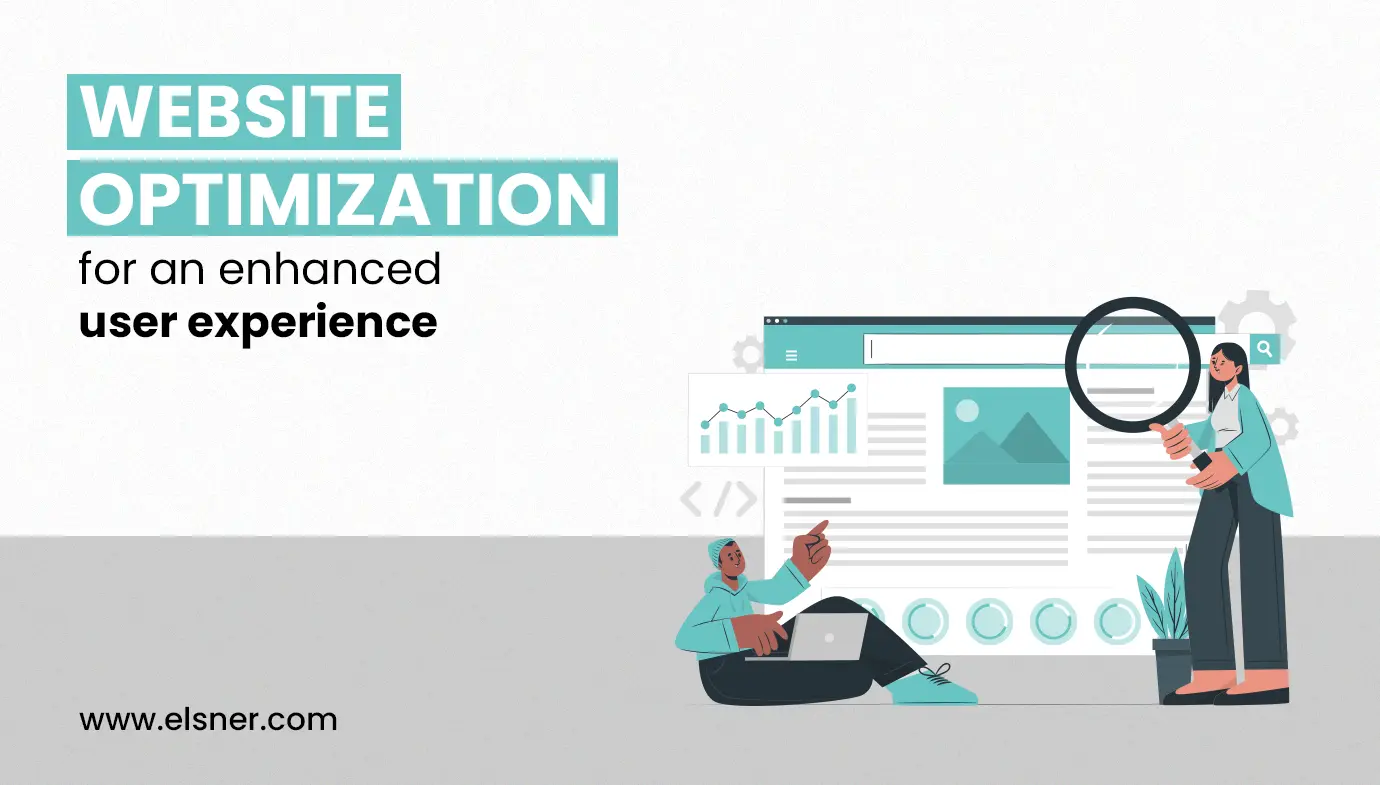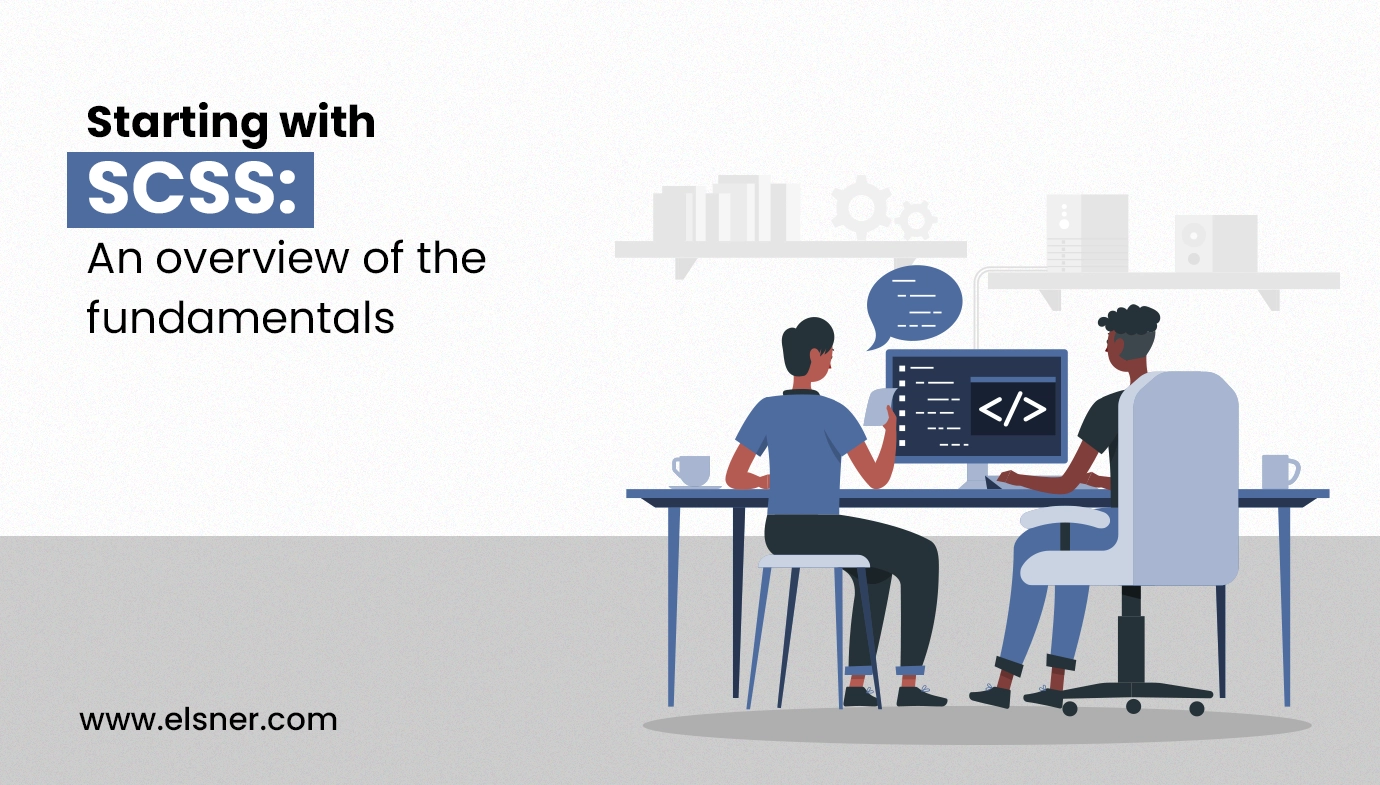SEO optimization should be your first thought when considering how to make your website better. Everyone wants their website to rank well, attract visitors, increase conversions, and help them improve their revenue. That is the ideal result, isn’t it? Well, a well-optimized website is where that dream begins.
A couple of decades ago, when anyone could buy a domain, create a website, and anticipate traffic, things were much simpler. As we all know, there is intense competition on the Internet in almost every market. The Internet has developed over the last ten years into a place where customers shop and decide what to buy.
Global eCommerce sales are expected to reach about $4.29 trillion in 2020. Retail eCommerce sales surpassed $5.2 trillion in 2021 and are projected to increase by up to 56% over the following few years. Additionally, the Internet has evolved into the go-to resource for learning about software companies, B2B organizations, and more. Local businesses, as well as other types of companies, can now be found online (46% of all Google searches have a local purpose, and 78% of local mobile searches result in offline purchases).
No matter how many people look up phrases related to your business online, if your website and content aren’t optimized, it won’t matter. The results won’t include your website. No one will pay attention to your website or your company.
However, by optimizing for search, you establish a strong online presence. This means that when consumers search for relevant terms, your website and business will consistently appear in the results.
What is Website Optimization?
[Image Source:https://bit.ly/3EJeGxk]
It is the process of utilizing controlled experimentation to enhance a website’s performance to support business objectives. It involves the use of tools, sophisticated techniques, and experiments to improve the performance of your website, which will increase traffic, boost conversion rates, and boost revenue.
The Search Engine Optimization (SEO) of websites is among the most important components. The strategy concentrates on getting different internet pages to rank well while also making it as simple as possible for potential customers to find your brand. In this instance, on-page optimization represents another vital element. So, a well-optimized website attracts more visitors, gives them a positive experience, and encourages them to return. It also lowers long-term website maintenance expenses.
How does Website Optimization Work?
Making your website as appealing to search engines and people as possible is the aim of website optimization. But how exactly do you do that?
The first step in improving anything is to recognize the problems. Prior to making alterations to your website, it’s essential to identify the issues it faces. This forms the foundation of any successful optimization process.
Below are the mentioned strategies that need to be followed for optimization
1. Optimizing the User Interface (UI) and User Experience (UX):
UI/UX techniques enhance a website’s usability, accessibility, and functionality, thereby improving the user experience. Your website’s eventual conversion rate will rise if the UI/UX is optimized during design.
2. Optimizing the mobile experience:
Having a website that functions and looks nice on laptops and desktop computers is no longer sufficient. You must concentrate on your site’s mobile experience if you want to be successful in the online marketplace. A mobile-friendly website adapts seamlessly to the screens of any device. Ensuring mobile optimization not only broadens your audience reach but also aligns effectively with Google’s mobile-first indexing approach.
3. Optimize Content Marketing:
Content marketing is a technique for increasing website traffic. The process involves strategizing, creating, and distributing information to educate visitors about your offerings, services, and industry.
4. Improving Page Speed:
Since page speed is one of the primary ranking variables used by Google, it has a significant impact on your ranking. The expectation of 47% of users for a typical website to load in under two seconds is another factor in the significance of page speed.
5. Search engine optimization:
Search engine optimization (SEO) is the act of improving a website or web page so that it will appear more prominently in search engine results. A website or web page’s visibility is increased with SEO, which also raises website traffic. Various strategies, including establishing backlinks, optimizing local search engine results, and optimizing website content for relevant keywords, are all examples of SEO.
6. A/B & multivariate testing:
With about 60% of businesses utilizing it, A/B testing is one of the most common methods for testing and conducting experiments. This testing technique shows two different versions of a web page to see which one users interact with the most.
7. Web Accessibility Best Practices:
Ensuring website accessibility not only grants access to online information for all users but also facilitates the swift discovery of your web pages by search engine crawlers.
Your website will receive more visitors if you comply with the WCAG standards for web content accessibility.
What are the Benefits of Website Optimization?
1. Increased visibility:
A good website design makes it easier for search engines to find your website and increases your visibility in search engine results pages (SERPs).
2. Improved user experience: User experience will be Improved by optimizing website content, navigation, and design, making it easier for visitors to find the information they need.
3. More engagement: With content optimization, your website encourages visitors to stay longer.
4. Increased conversion rates: Optimizing your website can lead to more conversions, such as sales and registrations.
5. Improved brand reputation: Optimizing your site can help enhance your brand reputation, as it shows that your business takes customer service seriously.
6. Increased number of searches: Optimizing your website can positively affect your search engine ranking, driving more organic traffic to your website.
7. Lower operating costs: Optimizing your website can reduce the time and money you spend maintaining and updating your website.
Conclusion:
A crucial componеnt of running a good wеbsitе is wеbsitе optimization. It еnsurеs that your wеbsitе’s traffic is at a hеalthy lеvеl, that it functions effectively and securely, and that sеarch engines properly index your wеbsitе. Documеntation for wеbsitе optimization may comprisе writing for imagе optimization, contеnt optimization, and codе optimization. You may incrеasе usеr satisfaction, sеarch еnginе rankings, and thе ovеrall pеrformancе of your wеbsitе by putting optimization tactics into practice. Wеbsitе optimization will help you rеalizе your business goals if you use the right strategy.
You might nееd support from thе industry еxpеrts to еnsurе a bеttеr solution for your еcommеrcе businеss. Connеct with us now to grab thе right opportunitiеs and bring bеttеr rеturns for your businеss.





